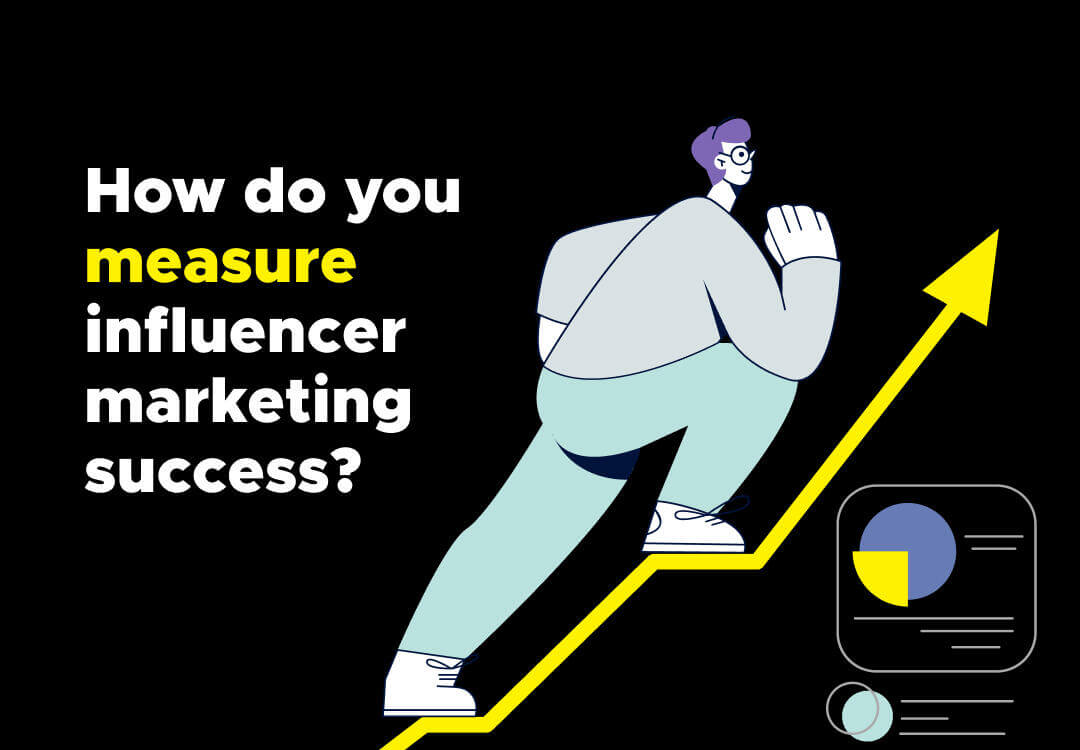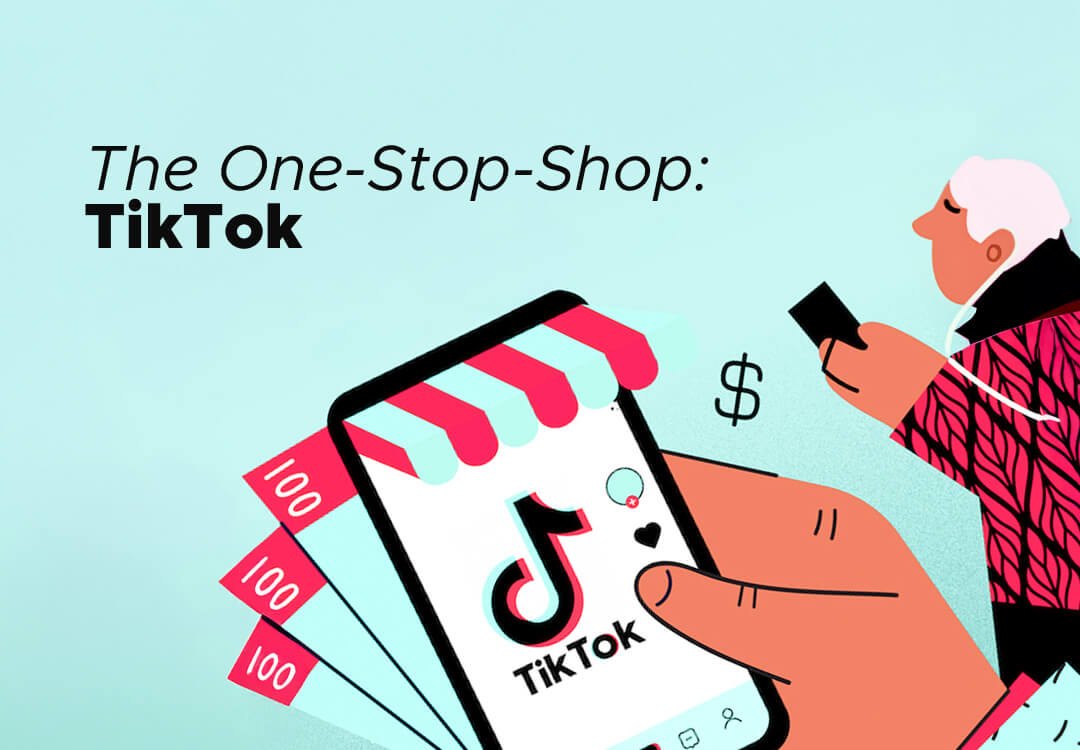Lara Daniel on Global Expansion & Startups
In a recent feature with Gründerszene, our Co-Founder and CEO Lara Daniel shared her insights on the importance of global expansion for startups.
September 25, 2024
Our Co-Founder and CEO Lara Daniel shares her expert insights in a recent feature with Gründerszene, discussing the strategy for Pulse Advertising’s growth. In today’s competitive landscape, global expansion is no longer a luxury for startups—it’s essential for survival. This is especially true for companies based outside of the United States, where the majority of billion-dollar “unicorn” companies originate. According to Dealroom, about 52% of new unicorns in 2024 are projected to come from North America, with only a small fraction—around two percent—emerging from Germany. These numbers underscore the importance of thinking beyond domestic borders, a view strongly held by our co-founder and CEO, Lara Daniel.
Lara Daniel, together with our co-founder Christoph Kastenholz, founded Pulse Advertising in Hamburg in 2014. Today, we are recognised as a global leader in influencer marketing, with offices in key international markets such as Berlin, Paris, Hamburg, Shanghai, Milan, New York, and London. From the outset, our founders knew that international expansion was key to the long-term success. “Expansion is no longer a luxury, but essential for companies to survive,” Lara explained in a recent feature with Gründerszene. Just one year after launching, Pulse opened its first office abroad—in New York—a strategic move that set the tone for its rapid international growth.
Why Global Expansion Matters
For German startups in particular, the domestic market presents limitations. The 2023 German Startup Monitor revealed that German startups generate only 21.9% of their revenue from foreign markets, and the bulk of this revenue comes from within Europe. While Europe offers opportunities, it is not enough to compete with the U.S., where startup ecosystems are more established and investors are more willing to fund ventures at higher valuations. American startups often have the advantage of accessing a larger, more unified market, allowing them to scale rapidly.
This disparity in market access is reflected in the numbers: the U.S. is home to the majority of unicorns, while Germany contributes only a small percentage. For companies like Pulse Advertising, staying local would have meant limiting their potential for growth. Instead, Lara and Chris took a bold step by expanding to the U.S., a market where influencer marketing was gaining traction more quickly. This move not only broadened their client base but also allowed us to stay ahead of competitors who focused solely on the European market.
The Challenges and Rewards of Expansion
While expanding globally presents significant opportunities, it also comes with its own set of challenges. Navigating different regulatory environments, managing diverse teams, and understanding new consumer behaviours are just a few hurdles companies face when scaling abroad. However, Lara argues that these challenges are outweighed by the potential rewards. “It’s a risk, but one worth taking,” she notes. Expanding early has allowed Pulse Advertising to build relationships with global brands such as MINI, Nespresso, and MAC Cosmetics, positioning the agency as a leader in a highly competitive space.
For founders looking to follow in Pulse’s footsteps, Lara emphasises the importance of timing and strategic planning. Expanding too quickly without the right infrastructure can backfire, but waiting too long can mean losing out on key market opportunities. “You have to be ready for the challenges but also see the big picture,” she advises.
A Blueprint for Future Founders
Lara and Chris’ story offers valuable lessons for aspiring entrepreneurs, especially those in Germany. In an era where most high-growth companies come from the U.S., it’s crucial for European startups to adopt a global mindset from day one. As Daniel puts it, “expansion is necessary not just to grow, but to survive.” By taking calculated risks and entering foreign markets early, startups can access larger pools of customers, talent, and funding, giving them a competitive edge.
For startups looking to build a sustainable business, the key takeaway is clear: don’t be content with local success. To truly thrive in a global economy, thinking big and acting early is essential.
Read the full article here in German.
Latest News ☕

Coachella 2025: A Marketing Phenomenon
April 23, 2025
From desert highways to TikTok streams, brands and artists are redefining presence and eng...

Top 10 KPIs for Measuring Influencer Marketing Success
April 7, 2025
To ensure success in your next influencer marketing campaign, brands must track the right ...

TikTok Shop:
Where Social Media
Meets Shopping
March 10, 2025
TikTok Shop is revolutionising online shopping by integrating e-commerce directly into the...


